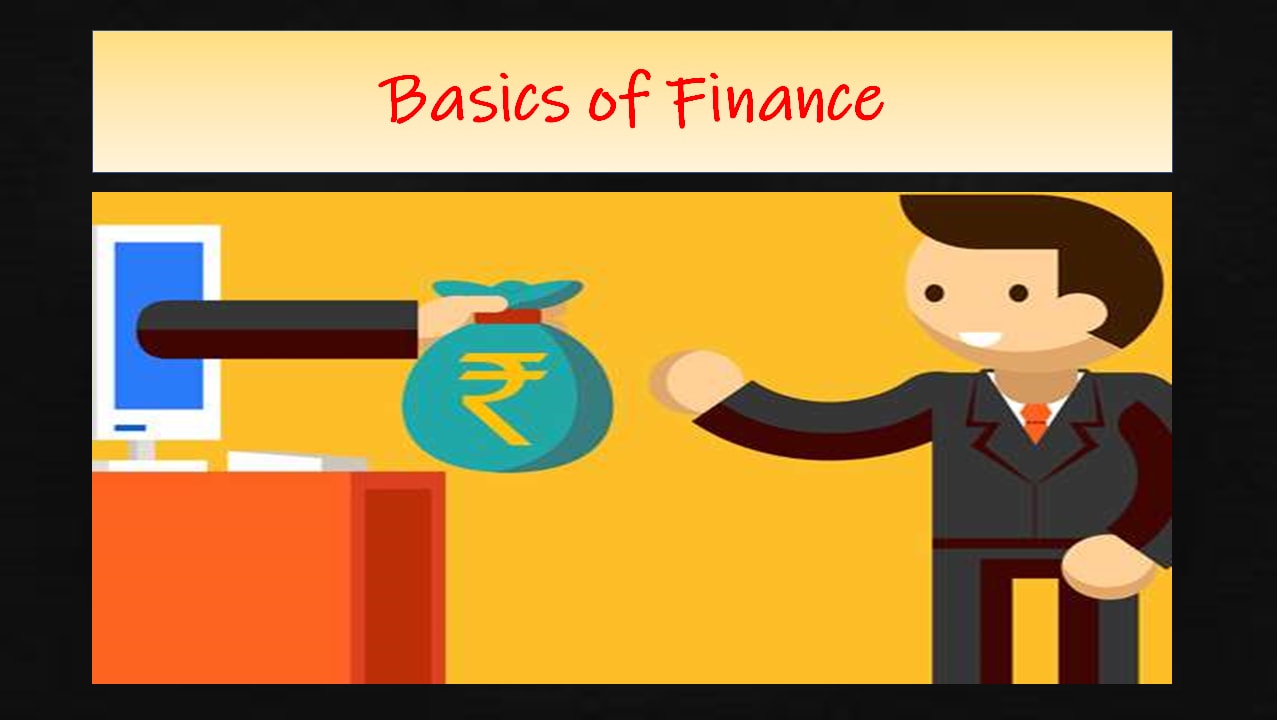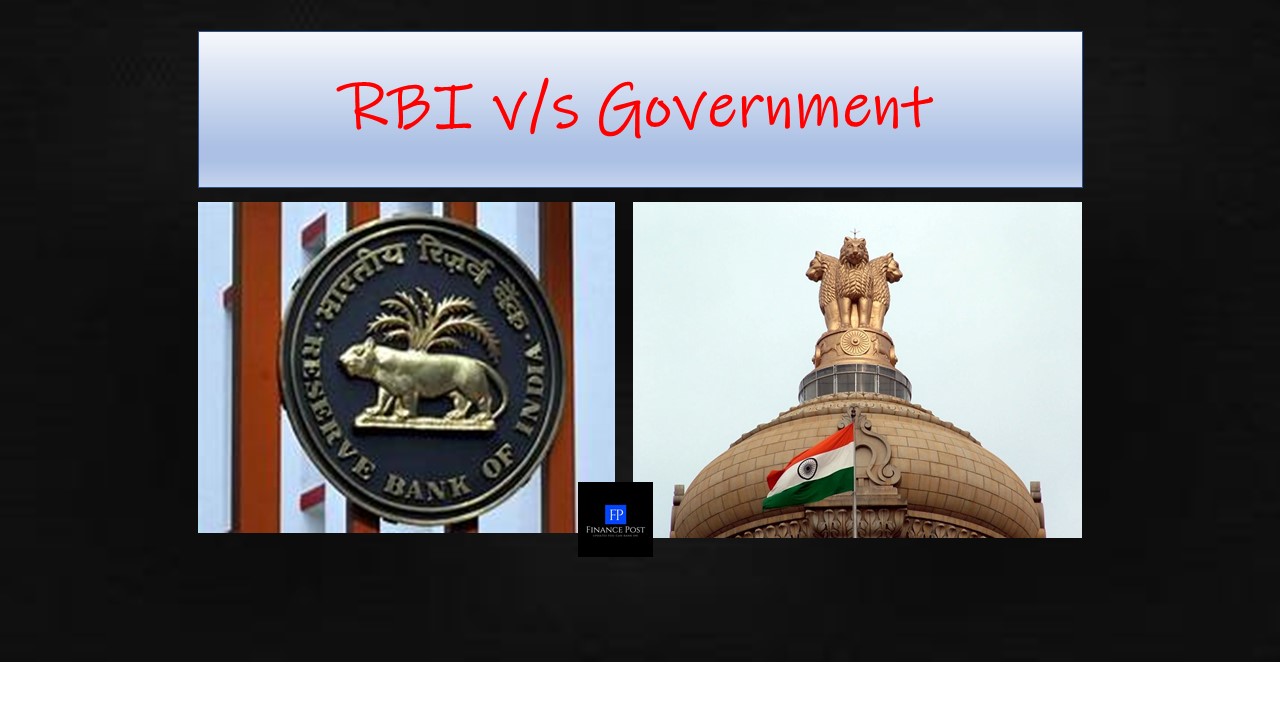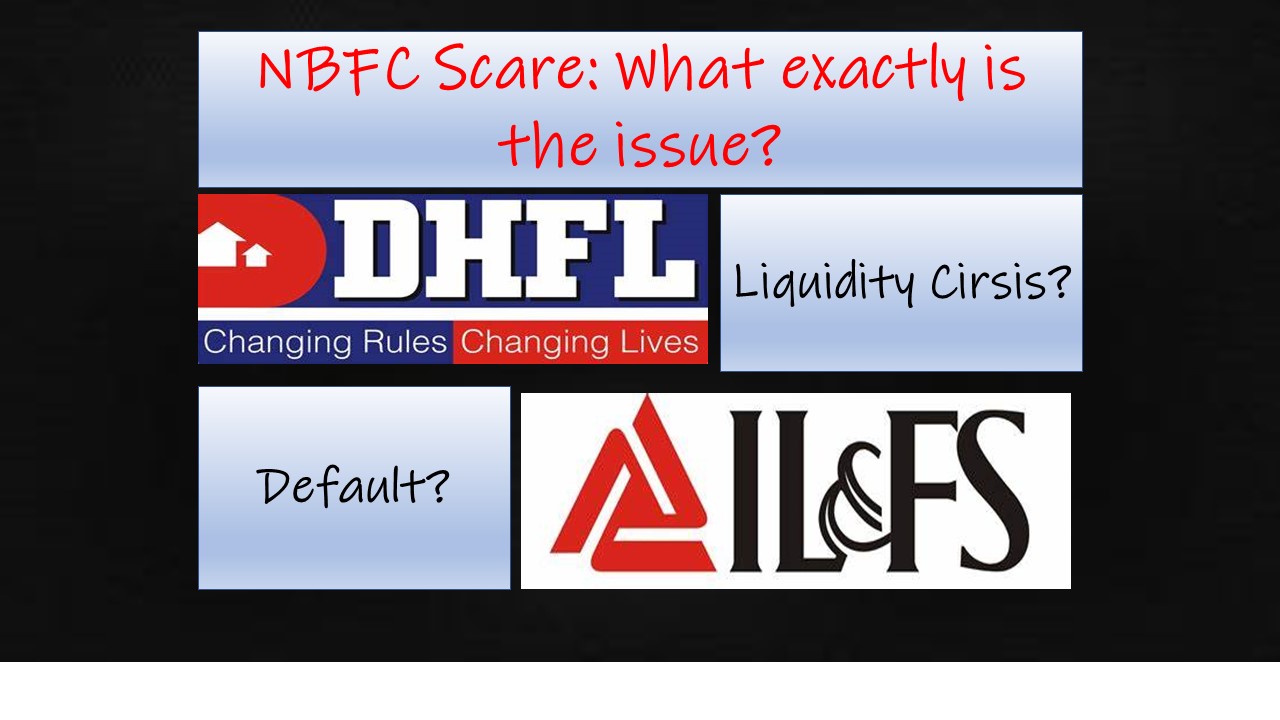
Last updated on May 15th, 2021 at 09:28 pm
Govt. invokes Sec 7: Will RBI stop functioning independently?
The news that the government has invoked Section 7 of the RBI Act is making rounds and raising eyebrows today. Here are some basic things you should know about this matter:
What is Sec 7 of the RBI Act? | Govt. invokes Sec 7: Will RBI stop functioning independently?
Section 7 of the RBI Act allows the government to direct/instruct and advise RBI in consultation with the governor. By invoking this section the government is empowered to consult and give instructions to RBI especially when the government feels that certain issues are serious and are in the public interest.
Section 7 of the RBI Act for reference
In the history of free India, this is the first incidence of government invoking sec 7 and taking the role to advise RBI on matters of public interest.
By invoking this section the tussle that was going on between the RBI and the government has taken an authoritative turn.
What are these “matters of Public Interest?”
Growing NPAs and deteriorating health of State-owned Public Banks
RBI being a central bank is responsible to manage the health of the banks including public sector banks. Growing NPAs is a matter of concern and RBI has laid norms to tackle them. In February 2018 the RBI banned all loan restructuring schemes and notified new norms. RBI directed the banks to set a 180 days deadline for declaring a loan as NPA. After 180 days, the stressed account will be addressed in the bankruptcy court for settlement.
After the Nirav Modi fraud, the PNB bank faced more than Rs 14,000 crore loss only in this case. Many other frauds by many banks came to light around the same time.
RBI feels the Prompt Corrective Action (PCA) framework is best suited to tackle the deteriorating health of the State-owned Public sector banks. Read more about this in our earlier post PCA framework: RBI’s tool to tackle financial stability
The government feels that the new regulations are very harsh on the public sector banks. The government also blamed RBI for failing to detect Nirav Modi – PNB scam. On the other hand, RBI feels that it does not have the same powers as those of supervising the private banks.
PCA framework and dividend distribution
RBI has put 12 banks i.e. 11 public sector banks and 1 private sector bank under the prompt corrective action framework. Apart from lending restrictions as mentioned above, PCA norms also restrict branch expansions, dividend distribution etc.
Policy interest rates
The government wanted RBI to increase the interest rates. In October the RBI kept its rates unchanged. Moreover, the Monetary Policy Committee (MPC) led by the governor refused to meet the chief economic advisor of the country before the decision of interest rate hike and the rift widened.
Read more on What happens when RBI increases rates.
NBFCs and Liquidity issue
With the default by IL& FS and subsequent liquidity crisis in the market, corrective action was necessary. The Government wanted RBI to replicate its course of action taken in 2008 to infuse the liquidity. RBI denied this and the rift increased. Finally, the government had to fall back on public sector banks to buy assets from NBFCs instead of using a special purpose vehicle.
In 2014, when the earlier Governer Mr. Raghuram Rajan retired, the grapevine mentioned the differences between the governor and the government. After the demonetization announcement in 2016 along with the current governor, it was convincing that the government and RBI are in a sink. However, over the last few years, the tensions between them rose and led to this ultimate action by the government which was never done in the history of the Central Bank.
To quote RBI deputy governor ” Governments that do not respect central bank’s independence will sooner or later incur the wrath of financial markets, ignite economic fire..” (Reference: TOI)
Will this jeopardize the freedom of the central bank or is this the right decision? Only time will tell that. But, hopefully, the financial health of the economy should not be at the stake.
Related Posts
- How to do a transaction in Digital Rupee (CBDC-R)? – A Step by step Guide - 10/12/2022
- Can you rectify your 26AS? - 20/09/2022
- Tax implications on Cashback - 09/09/2022
Disclaimer: The above content is for general info purpose only and does not constitute professional advice. The author/ website will not be liable for any inaccurate / incomplete information and any reliance you place on the content is strictly at your risk.
Follow us on Social Media by clicking below
Follow @financepost_in



Be the first to comment